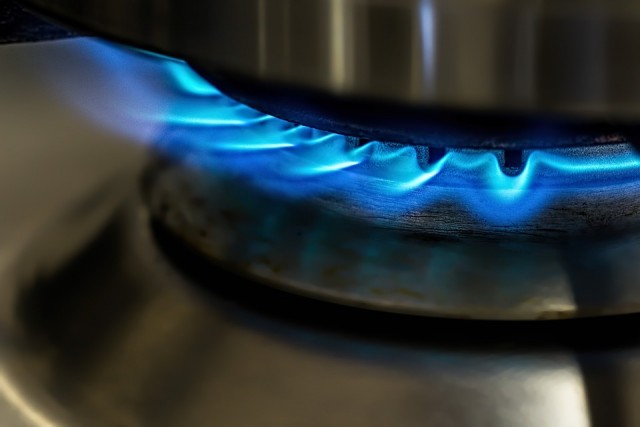
Energy suppliers treat businesses and domestic energy users differently. Does it mean one or the other pays less? It depends on the circumstances, the contract and several other factors, so a straight answer is not possible.
Let’s look at how domestic and business energy suppliers manage their customers’ energy supplies.
Domestic and business contracts
Domestic energy suppliers tend to buy their energy in advance for customers. Also, domestic energy contracts are ‘rolling’ as opposed to ‘fixed’. This has an effect on the kind of deal that can be brokered with a wholesaler of energy. Businesses will agree a fixed term contract, and the supplier will then purchase enough energy for the user as is agreed in their contract. This could be for a short period of time – as little as for one year – or for longer. Some business energy contracts can be up to 5 years long, so all the energy to fulfil that contract will be bought in advance. Businesses have no option to cancel these contracts and ‘shop around’, like domestic users do.
Related: The 4 main types of renewable energy
Price Fluctuations
It may appear that business energy prices seem unaffected by fluctuations, but this is not the case. When a business energy contract comes to an end, the fixed rate for the next one may be higher or lower, depending on the market. The wholesale price of business energy tends to fluctuate more than domestic energy, making it hard to keep a fixed quote for more than a few days. Because the fixed rate is in place during market fluctuations it sometimes appears that businesses are less negatively affected than domestic users. But there is usually a commensurate change in tariff in order to balance these savings out. It is possible for businesses to have rolling term contracts, but the rates are usually prohibitive other for very large companies.
Related: How to make a complaint about your energy supplier
Other business levies
Another reason that it is difficult to compare like with like is that companies pay VAT on fuel at a current rate of 20%, whereas domestic users only pay 5% VAT. Businesses also face the Climate Change Levy, which is charged currently at 0.47p/kwh for electricity and 0.164p/kwh for gas. A common mistake that new businesses make when taking over an old business premises is not to check that they are being levied for usage at the right price for their business profile.
Hundreds of pounds can be lost by businesses that don’t check and consequently have their business rate adjusted to fit their company profile.
Company errors aside, it is hard to give a definitive guide to whether business or domestic users pay more, because of the difference in contracts and levies.




